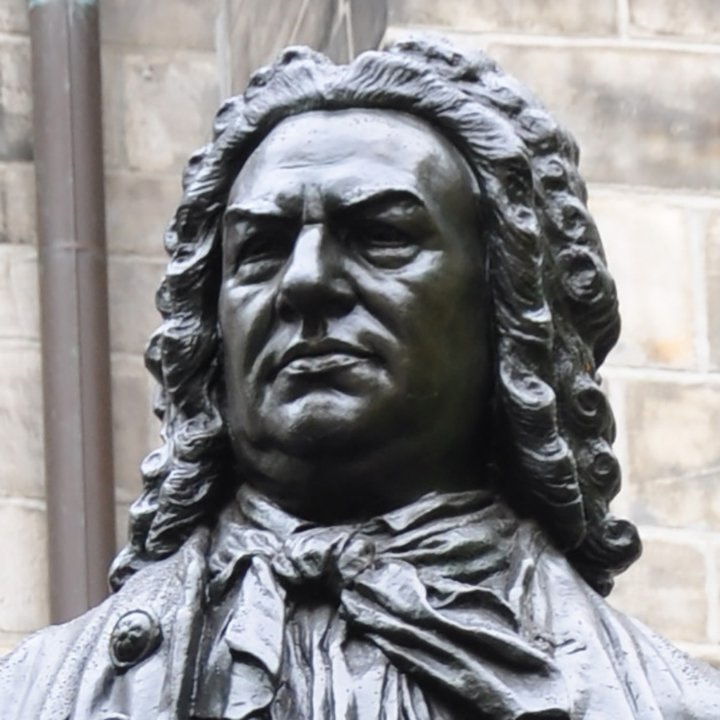The lecture will analyze music as a type of philosophical language.
In his Philosophical Investigations, Ludwig Wittgenstein undertakes the analysis of language which makes possible, and meaningful the most diverse of its forms. Religious faiths can also be considered linguistic games, revealing their intention for rational, as well as transcendental cognition. Music is one such language, and one of the most well-known musical pieces, Bach’s Well Tempered Clavier, was composed as symbolic evidence of the perfection and harmony of the world—which, philosophically, is analogous to the ontological argument for the existence of God.
“If God had looked into our minds he would not have been able to see there whom we were speaking of.” (Ludwig Wittgenstein, Philosophical Investigations, 1954)
“The way you use the word 'God' does not show whom you mean—but, rather, what you mean.” (Ludwig Wittgenstein, Culture and Value, 1946)

